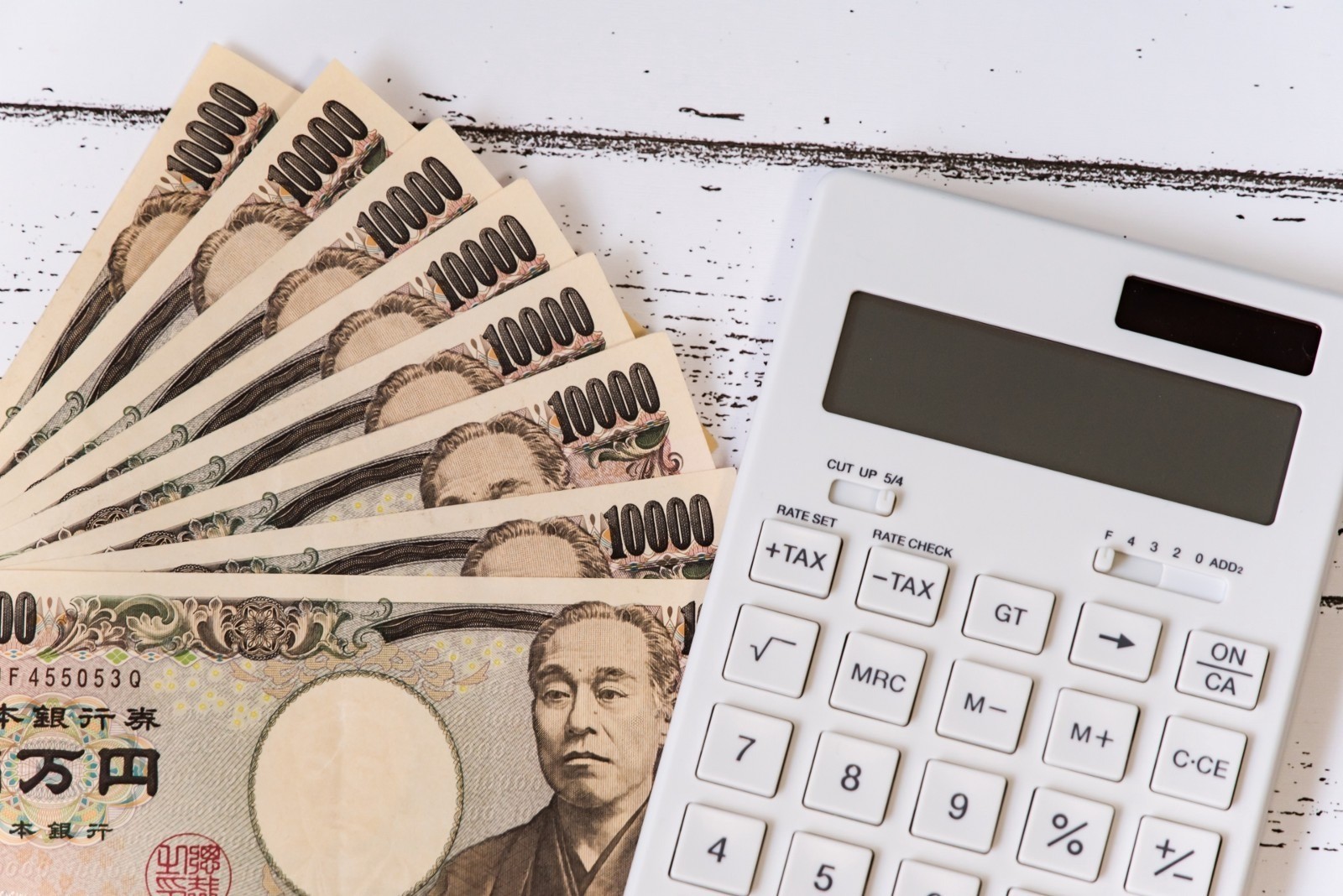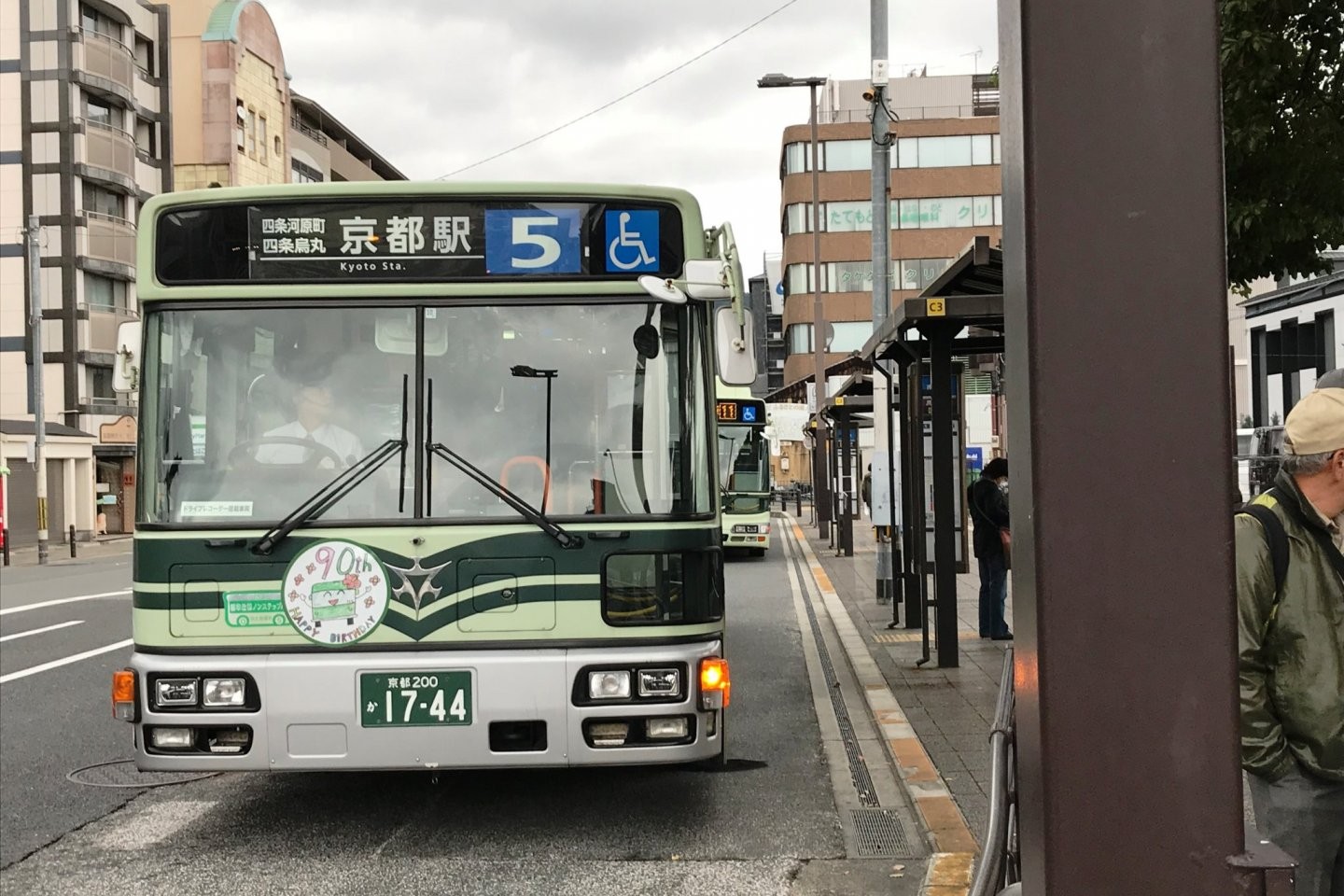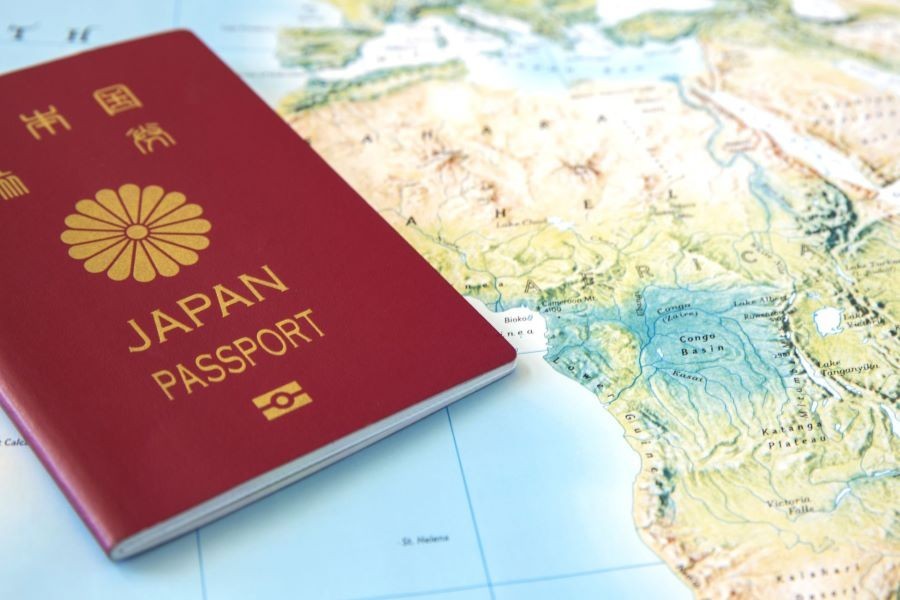11 Tips to Save Money for Studying in Japan

Quick view
Many young people worry about how to save money while studying abroad in Japan. The high quality of Japanese education often comes with high costs. To save money while studying in Japan, many international students are seeking ways to reduce their expenses. Let’s explore these cost-saving methods together with HeyJapan.
Is Studying in Japan in 2024 Expensive or Cheap?
To understand the cost of studying in Japan, we first need to look at the factors that influence these expenses.

The Cost of Studying in Japan in 2024: Expensive or Cheap?
Education Programs
Japanese language programs are generally cheaper than undergraduate or postgraduate programs. Japanese language centers typically cost between 10 to 15 million VND for a six-month course. In contrast, the cost of one year of university education in Japan can reach up to 400 million VND. Therefore, it’s crucial to identify your goals and study plans before deciding on a program.
Choosing a City for Studying in Japan
Major cities like Tokyo, Osaka, and Nagoya often have higher living costs. Choosing a city to study in will affect your overall expenses. To save money, consider smaller cities or suburban areas around major cities.
Lifestyle
Living a frugal and simple lifestyle can help significantly reduce expenses. Be mindful when shopping, spending money only on necessities. In Japan, some convenience stores and supermarkets offer deep discounts after 10 PM. You can enjoy bargain shopping to save money. This not only helps you save but also cultivates good spending habits.

It is recommended to make a habit of using money saved when studying abroad
Scholarships
One effective way to save money while studying in Japan is to seek scholarships. Howeer, scholarship amounts can vary depending on the program you choose. Short-term and Japanese language programs often offer more scholarships than undergraduate or postgraduate programs. Therefore, thoroughly research available scholarships before deciding to study abroad.
How to Save Money While Studying in Japan
Saving money during your study abroad is crucial. Here are some tips to help you save on expenses while studying in Japan.

How to Save Japan's Study Abroad Costs for International Students
Finding Accommodation Away from the City
Renting in major cities is more expensive than in suburban areas. Rent in city centers is usually high due to high demand and better amenities. Suburban areas often offer cheaper rent, quieter environments, and less noise. Research suburban areas carefully, considering the distance to your school and nearby amenities before deciding on a place to live. This can help you save money while ensuring a good quality of life.
Cooking Your Own Meals
Many international students opt to eat out after school or work. However, cooking your own meals can save you a significant amount of money and is a great opportunity to explore and learn about Japanese cuisine.

Self-cooking saves money when going to Japan to study abroad
Plan Your Spending Clearly
Listing your expenses before studying abroad helps you know exactly how much money you need to live on each month. Include all necessary costs such as rent, utilities, food, transportation, books, supplies, and entertainment.
After making a list, calculate carefully and set a reasonable budget for each category, avoiding unnecessary or extravagant spending. This helps you avoid running out of money and manage your finances effectively.

Clear, detailed expenditure planning for money management
Save on Electricity
Electricity prices in Japan are quite high. To save on electricity, you can take measures like turning off devices when not in use, avoiding the use of fans or air conditioners in winter, and using energy-saving devices like LED lights instead of fluorescent ones.
Additionally, use smart appliances with energy-saving features and consider buying devices with energy-saving labels. These measures not only help save costs but also protect the environment by reducing CO2 emissions.
Affordable Mobile Plans
If you need mobile services, look for affordable plans or free chat applications to reduce monthly communication costs. Mobile providers often offer plans tailored to different users, including student plans at discounted rates.
For frequent calls or texts, choose plans with unlimited calls and messages to save costs. Using free chat apps like WhatsApp, Messenger, or Line is also an effective way to reduce communication expenses, especially when contacting family and friends back home.
Use Public Transportation
Using public transportation like buses and trains saves more money than booking a car for daily commutes. Japan’s public transportation system is highly developed and convenient, including buses, trains, and subways. Fares for these services are generally cheaper than taxis or renting a private car, saving you time and avoiding traffic jams. Using public transportation also helps protect the environment by reducing emissions from personal vehicles.

Travel by public transportation
Consider Carefully Before Buying Expensive Items
Before buying an expensive item, think carefully about whether you really need it. Sometimes, unnecessary shopping can significantly increase your living expenses. Ask yourself if the item truly adds value and is worth long-term use. If not, you can save a lot by avoiding unnecessary purchases.
Look for Sales, Buy at Discount Stores, and Secondhand Markets
Shopping at sales, discount stores, and secondhand markets is a smart way to cut costs. Buying second hand can save you a significant amount compared to new items. Take advantage of promotions and discounts to shop wisely, helping you save even more.
Supermarkets and convenience stores usually offer discounts after 9 p.m.
Use Reward Cards
Using reward cards for shopping and dining is a smart way to save money while studying in Japan. Reward cards give you points with each purchase. After accumulating enough points, you can redeem them for discounts, gifts, or free services at partner stores. This not only saves money but also enhances your shopping and dining experience.
Scholarships
Scholarships are a crucial way for international students to reduce tuition and living expenses abroad. Before going to Japan, look for scholarships from organizations, schools, or NGOs like JASSO (Japan Student Services Organization).
These scholarships are often based on academic performance, ability, and potential.

Scholarship hunting to minimize the cost of studying abroad in Japan
After arriving in Japan, you can also apply for scholarships from the Japanese government, international organizations, or universities. These scholarships are available for undergraduate, postgraduate, or research programs. Participating in these scholarships not only saves costs but also opens opportunities for studying and researching at top universities, fostering personal and professional growth.
Part-Time Jobs
Finding part-time work not only helps you earn extra income but also hones skills, expands social networks, and provides a better understanding of Japanese work culture. Part-time jobs offer a chance to practice and apply knowledge in real-world settings, enhancing personal development and improving communication and teamwork skills. Through part-time work, you can gain experience and build connections in your field of interest, facilitating career development later on.
Income and Notes for Part-Time Work in Japan
Income from part-time work
The income from part-time work for international students in Japan varies depending on factors like hours worked, job type, and base wage in each industry. Typically, part-time wages for students range from 800 to 1,200 yen (about 7-11 USD) per hour. However, this can vary by area and job type.

The income when working part-time in Japan depends on the job you choose
Some of the common jobs that international students often engage in include working in the service industry such as restaurants, convenience stores or part-time jobs at production facilities or offices. For jobs that require special skills or work in the evening or weekend, the salary may be higher. However, international students need to comply with Japan's working hours and labor law regulations.
On average, the monthly income of international students when working part-time in Japan can range from about 100,000 yen to 150,000 yen (equivalent to about 900-1,300 USD). However, this number may vary depending on the number of hours worked per week and wages paid for each particular job.
For popular part-time jobs such as service or part-time jobs, international students can earn income within this range. However, it is important for international students to comply with the labor law and ensure that part-time jobs do not affect their studies and comply with the terms of study visas.
Notes for Part-Time Work in Japan
When working part-time in Japan, you need to comply with labor law regulations, including working hours, wages, insurance, taxes, and other regulations. Learn carefully before deciding to work part-time to avoid breaking the law.
When international students decide to work part-time in Japan, it is very important to follow the regulations and pay attention to labor. First, they need to pay attention to the working hours limit, ensuring that they do not exceed the prescribed number of hours to ensure compliance with the law and to protect their health. In addition, it is also important to understand insurance regulations, helping international students to ensure their interests in the event of a medical accident or an employment accident.
In addition, the proper implementation of labor contracts and compliance with visa regulations are indispensable. In this way, international students can avoid legal risks and ensure a safe and favorable working environment. This note not only helps them protect their own interests but also keeps the part-time job process going smoothly, contributing to maximizing their learning and working experience in Japan.
Common Part-Time Jobs for International Students in Japan
- Teaching Assistant for English or Vietnamese
- Restaurant or Cafe Server
- Delivery Person
- Work in the Tourism Industry
- Retail Salesperson
- Housekeeping or Domestic Helper
- Part-Time Office Work
- Intern
- IT Jobs
Sales is one of the 9 popular part-time jobs in Japan
With these jobs, international students can earn extra income to support their living and tuition costs in Japan.
Conclusion
The above information provides insights into the cost of studying in Japan and ways to save money for international students in the Land of the Rising Sun. Thorough preparation, seeking scholarships, and finding suitable part-time jobs will help you have a better study abroad experience and ease financial pressures. Best of luck on your journey to study and explore new cultures in Japan!
Related post
.png)
Japan’s New Year celebrations: A rich blend of tradition and modernity







